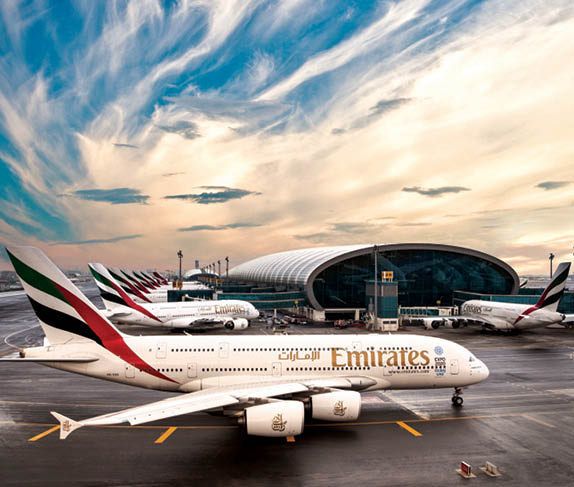On August 8th, the World Health Organization (WHO) declared the Ebola virus outbreak in West Africa a Public Health Emergency of International Concern (PHEIC) in accordance with the International Health Regulations (2005).
The current Ebola virus disease (EVD) outbreak is believed to have begun in Guinea in December 2013. The outbreak now involves community transmission in Guinea, Liberia and Sierra Leone.
In order to support the global efforts to contain the spread of the disease and provide a coordinated international response for the travel and tourism sector, the heads of the World Health Organization (WHO), the International Civil Aviation Organization (ICAO), the World Tourism Organization (UNWTO), Airports Council International (ACI), International Air Transport Association (IATA) and the World Travel and Tourism Council (WTTC) have decided to activate a Travel and Transport Task Force which will monitor the situation and provide timely information to the travel and tourism sector as well as to travellers.
WHO does not recommend any ban on international travel or trade, in accordance with advice from the WHO Ebola Emergency Committee.
Travel restrictions and active screening of passengers on arrival at sea ports, airports or ground crossings in non-affected countries that do not share borders with affected countries are not currently recommended by WHO.
Worldwide, countries should provide their citizens traveling to Ebola-affected countries with accurate and relevant information on the Ebola outbreak and measures to reduce the risk of exposure.
WHO issues statement on Ebola outbreak air travel risk

